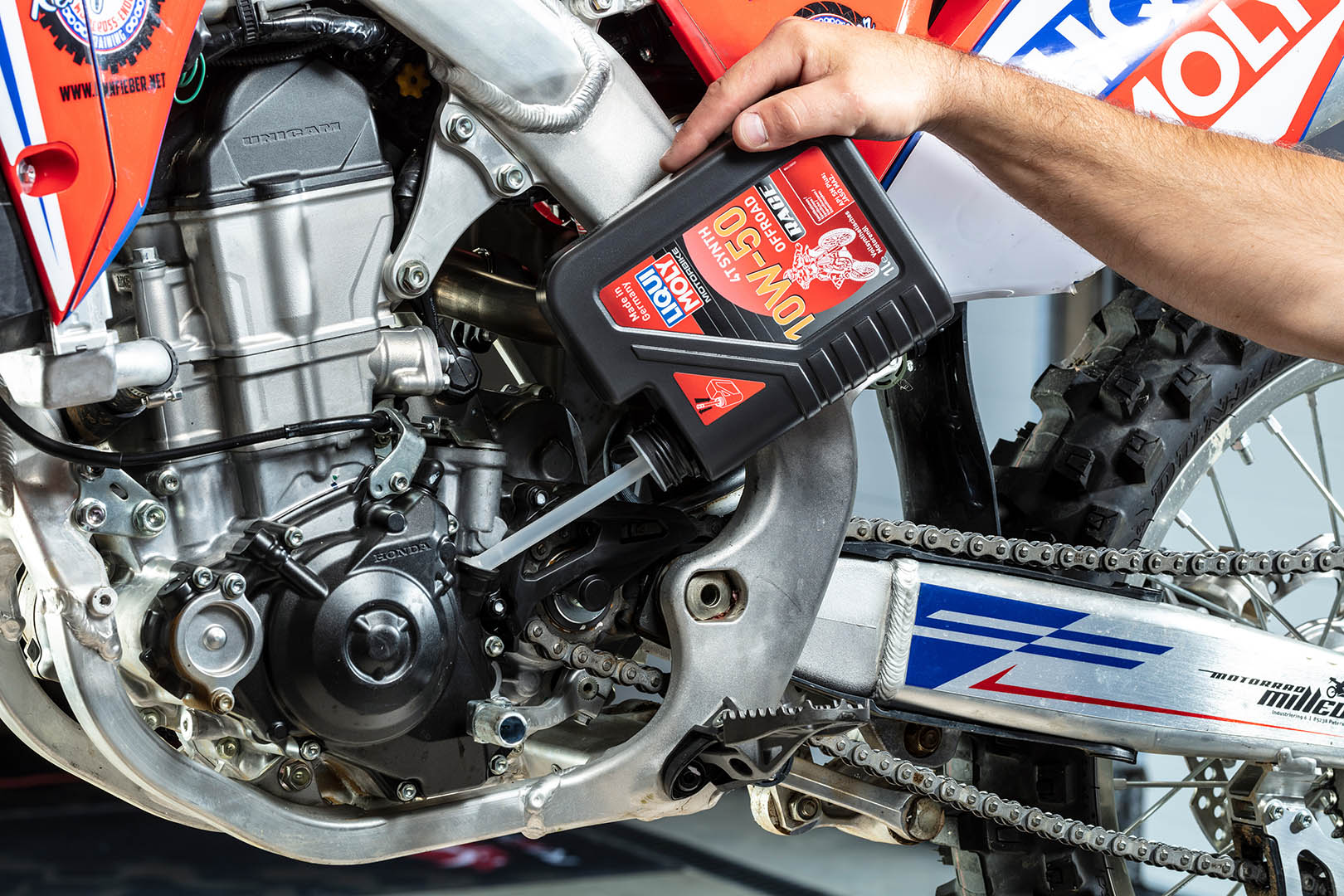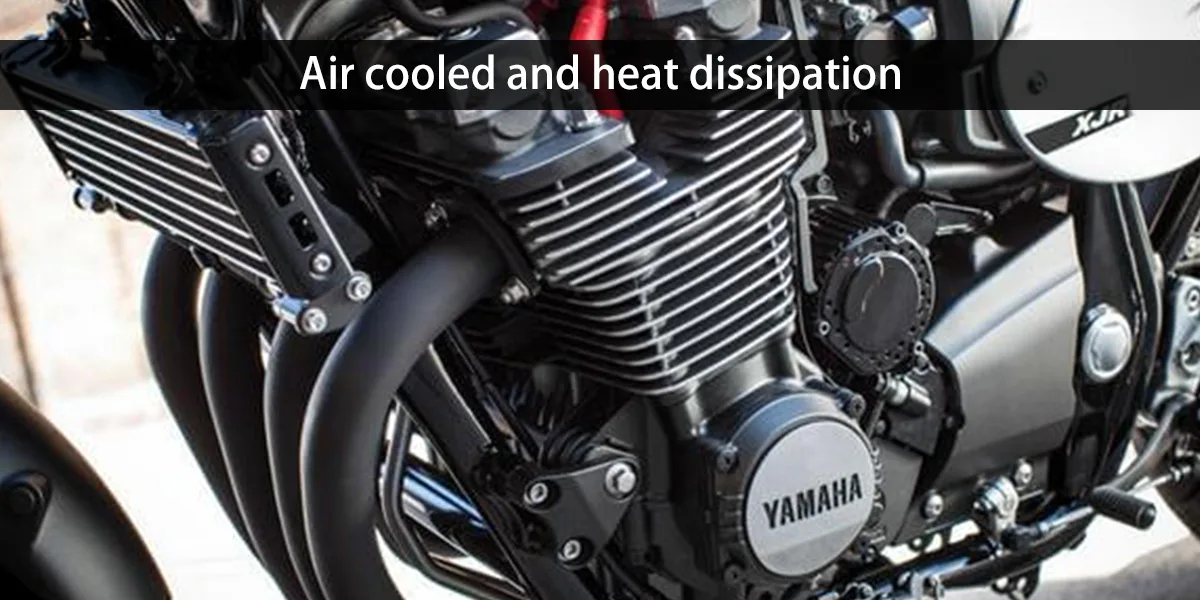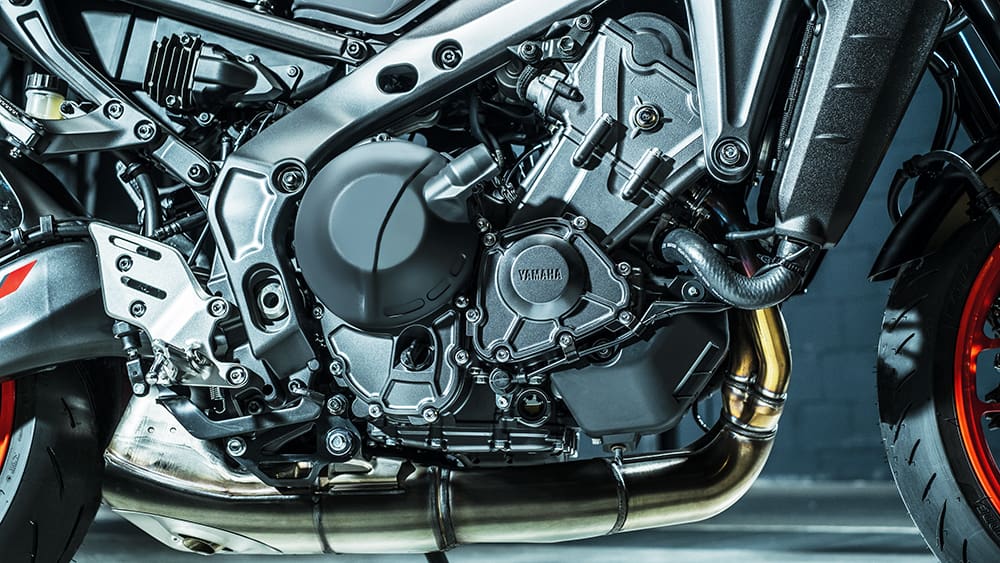Regular oil changes are essential for maintaining the health and longevity of your motorcycle. The oil in your bike’s engine serves multiple crucial functions, such as lubricating moving parts, reducing friction, and dissipating heat.
Over time, engine oil can degrade and become contaminated with dirt, metal particles, and other debris, which can lead to increased wear and tear on your engine components. Neglecting to change the oil regularly can result in reduced performance, increased fuel consumption, and potentially costly engine damage. By adhering to a consistent oil change schedule, you can ensure that your motorcycle runs smoothly and efficiently, extending its lifespan and enhancing its performance.
In this guide, we will explore why regular oil changes are critical for your bike’s longevity, highlighting the key benefits and the potential risks of neglecting this essential maintenance task.
1. Lubrication and Reduced Friction
One of the primary reasons regular oil changes are critical for your motorcycle’s longevity is the lubrication provided by the engine oil. The oil acts as a lubricant for the moving parts within the engine, reducing friction and preventing metal on metal contact.
This lubrication is essential for minimizing wear and tear on the engine components, ensuring they operate smoothly and efficiently. Over time, engine oil can break down and lose its lubricating properties. Contaminants such as dirt, metal particles, and combustion byproducts can accumulate in the oil, increasing friction and causing engine parts to wear out faster.

Regular oil changes help remove these contaminants and replenish the oil with fresh, clean lubricant, maintaining optimal lubrication and reducing the risk of premature engine wear.
By keeping the engine components well-lubricated, regular oil changes can significantly extend the life of your motorcycle’s engine. This not only improves performance but also reduces the likelihood of costly repairs and breakdowns. Ensuring that your engine is properly lubricated is a key aspect of maintaining your bike’s longevity and reliability.
2. Heat Dissipation
Engine oil plays a crucial role in dissipating heat generated by the engine. As the engine operates, it generates a significant amount of heat, which can cause damage to the internal components if not properly managed. The oil helps absorb and transfer this heat away from the engine parts, preventing overheating and ensuring optimal operating temperatures.
Over time, the effectiveness of engine oil in dissipating heat can diminish due to degradation and contamination. Old and dirty oil is less efficient at absorbing and transferring heat, leading to increased engine temperatures and the risk of overheating. Regular oil changes help ensure that the oil maintains its heat-dissipating properties, keeping the engine cool and preventing potential damage.
Proper heat dissipation is essential for maintaining the performance and longevity of your motorcycle’s engine. By adhering to a consistent oil change schedule, you can prevent overheating and the associated risks, such as warped cylinder heads, blown gaskets, and other engine damage. Regular oil changes are a simple yet effective way to protect your engine and ensure it operates within the optimal temperature range.
3. Improved Engine Performance
Regular oil changes are critical for maintaining and improving your motorcycle’s engine performance. Clean engine oil ensures that all moving parts within the engine operate smoothly, reducing friction and wear. This leads to a more efficient and responsive engine, providing better acceleration, power delivery, and performance.
Dirty or degraded oil can hinder engine performance by increasing friction and causing deposits to form on engine components. These deposits can restrict oil flow, reduce lubrication, and impede the proper functioning of the engine. As a result, you may experience reduced power output, sluggish acceleration, and increased fuel consumption.

By regularly changing the oil, you can prevent the buildup of harmful deposits and ensure that the engine components remain clean and well-lubricated. Fresh oil helps maintain optimal engine performance, allowing your motorcycle to operate at its best and deliver a smooth and enjoyable riding experience.
Regular oil changes also contribute to better fuel efficiency. An efficiently running engine uses less fuel to generate power, helping you save on fuel costs and reducing your motorcycle’s environmental impact. Improved engine performance is one of the key benefits of maintaining a regular oil change schedule.
4. Protection Against Engine Wear
Engine wear is a natural part of an engine’s lifecycle, but regular oil changes can help minimize wear and extend the life of your motorcycle’s engine. The primary function of engine oil is to create a protective barrier between moving parts, reducing friction and preventing metal-on-metal contact. This protective barrier helps reduce wear and tear on engine components, ensuring they last longer and perform more effectively.
As engine oil ages, it can become contaminated with dirt, metal particles, and other debris, which can act as abrasives and accelerate engine wear. Regular oil changes remove these contaminants and replace the old oil with fresh, clean lubricant, maintaining the protective barrier and reducing the risk of engine wear.
In addition to reducing wear, clean engine oil also helps prevent the formation of sludge and varnish on engine components. Sludge and varnish can restrict oil flow, cause overheating, and lead to premature engine failure. By regularly changing the oil, you can keep the engine clean and free from harmful deposits, ensuring optimal performance and longevity. Regular oil changes are a critical aspect of protecting your engine against wear and ensuring your motorcycle remains reliable and efficient for years to come.
5. Early Detection of Issues
Regular oil changes provide an opportunity to inspect your motorcycle’s engine for potential issues before they become major problems. During an oil change, you or your mechanic can check for signs of wear, leaks, or other abnormalities that may indicate underlying issues with the engine or other components.
For example, metal particles or debris in the oil can be a sign of excessive engine wear or damage. Unusual oil color or consistency may indicate contamination or the presence of coolant or fuel in the oil. By identifying these issues early, you can take proactive measures to address them and prevent further damage to your engine.
Regular oil changes also allow you to monitor the condition of the oil filter and replace it as needed. A clogged or dirty oil filter can restrict oil flow and reduce the effectiveness of the lubrication system, leading to increased engine wear and potential damage. Ensuring that the oil filter is clean and functioning properly is essential for maintaining optimal engine performance and longevity.
By using oil changes as an opportunity for routine inspection and maintenance, you can detect and address potential issues early, preventing costly repairs and extending the life of your motorcycle.
6. Manufacturer Recommendations and Warranty Compliance
Adhering to the manufacturer’s recommended oil change schedule is essential for maintaining your motorcycle’s warranty and ensuring optimal performance. Most motorcycle manufacturers provide specific guidelines for oil change intervals based on factors such as engine type, riding conditions, and oil type. Following these recommendations helps ensure that your motorcycle receives the proper care and maintenance it needs to operate efficiently and reliably.
Regular oil changes by the manufacturer’s guidelines also help protect your warranty coverage. Many warranties require proof of regular maintenance, including oil changes, to remain valid. Failing to follow the recommended maintenance schedule can void your warranty and leave you responsible for any repairs or replacements needed due to neglect.

By keeping detailed records of oil changes and other maintenance tasks, you can demonstrate compliance with the manufacturer’s recommendations and protect your investment. Regular oil changes are a simple yet effective way to maintain your motorcycle’s performance, longevity, and warranty coverage.
Regular oil changes are critical for the health and longevity of your motorcycle. They provide essential lubrication, heat dissipation, and protection against engine wear, while also improving performance and fuel efficiency. By adhering to a consistent oil change schedule and using oil changes as an opportunity for routine inspection, you can ensure that your motorcycle remains reliable, efficient, and enjoyable to ride for years to come.

